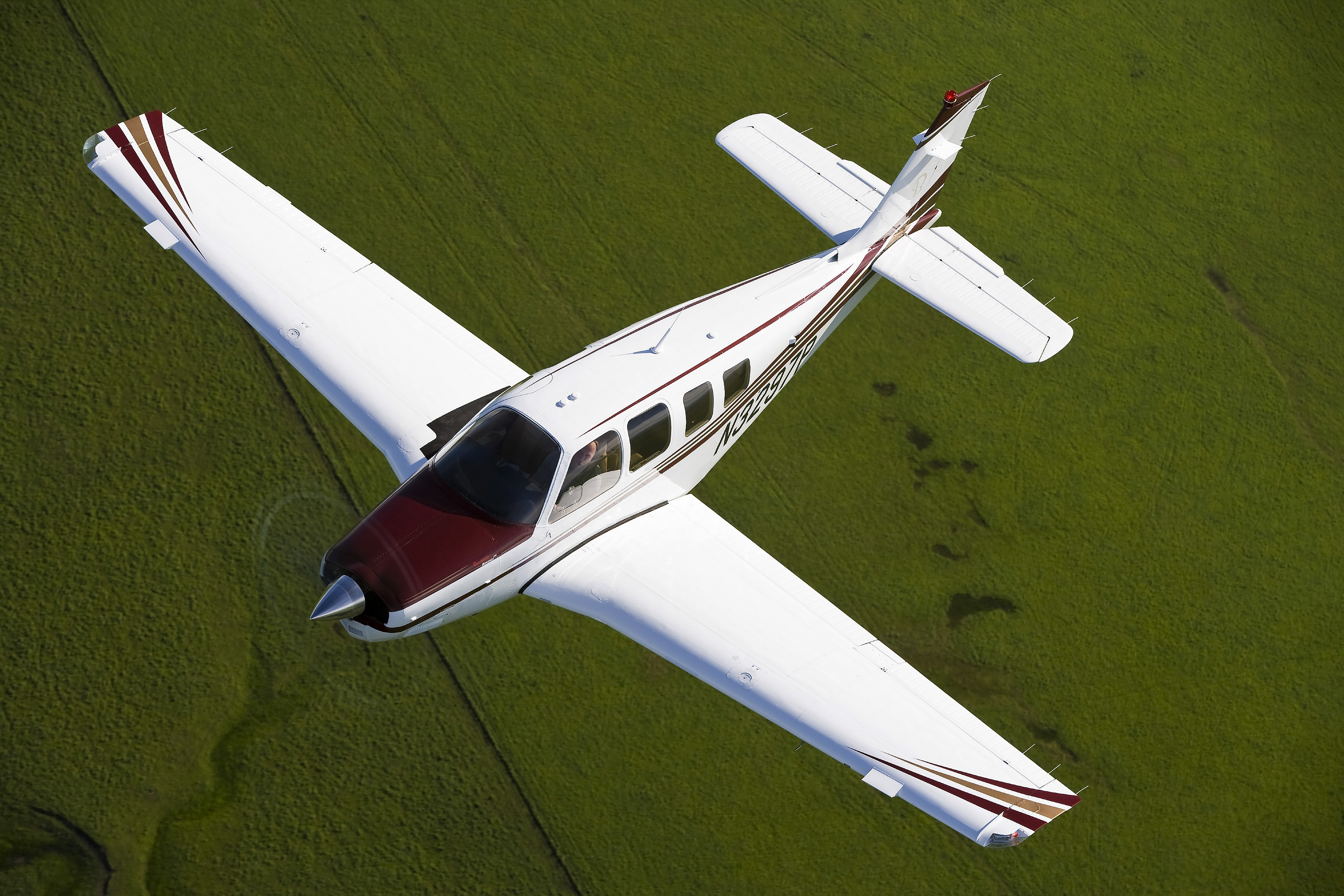FAA drops complex aircraft requirement for some flight tests
The FAA has discontinued the requirement that applicants for a commercial pilot certificate with an airplane single-engine rating or a flight instructor certificate with an airplane-single engine rating provide a complex airplane for their practical tests.

AOPA has long urged the FAA to drop the complex-airplane requirement for the two practical tests and welcomed the change. The requirement has often proved to be a costly and time-consuming impediment to advanced certification for many pilots. Eliminating the need to fly a complex airplane was a highlight of recommendations AOPA made in 2016 in formal comments on an FAA rulemaking proposal to ease the burden on pilots in training by incorporating new technologies and increasing the permitted uses of training devices.
Training providers had also raised the issue of the scarcity of single-engine complex airplanes, the agency said, adding that “complex airplanes that are available are older airplanes that are expensive to maintain.”
The FAA has received “multiple petitions for exemption” from the requirement. The petitions “are additional examples of ongoing industry concern over the lack of flexibility provided by the current requirement to furnish a complex single-engine airplane for use during testing for these certificates and ratings.”
The policy change does not eliminate the complex airplane training and endorsement requirements of § 61.31(e), or existing aeronautical experience requirements.
The FAA has updated the Commercial Pilot Airman Certification Standards and the Flight Instructor Practical Test Standards to reflect the new policy.
The agency also instructed its flight standards district offices (FSDOs) to distribute copies of the notice to designated pilot examiners (DPE) and training providers.
The policy change comes shortly after an April 4 fatal accident in which a DPE, 61, and a private pilot, 25, who was taking a commercial pilot flight test, died after the left wing separated from the 2007 Piper PA-28R-201 they were flying shortly after takeoff from Daytona Beach International Airport in Daytona Beach, Florida.
According to the National Transportation Safety Board’s preliminary accident report, “preliminary examination of the left wing main spar revealed that more than 80% of the lower spar cap and portions of the forward and aft spar web doublers exhibited fracture features consistent with metal fatigue.”
The aircraft was registered to Embry-Riddle Aeronautical University, which has stopped flying its PA-28R-201 airplanes pending inspections, according to a news report.



